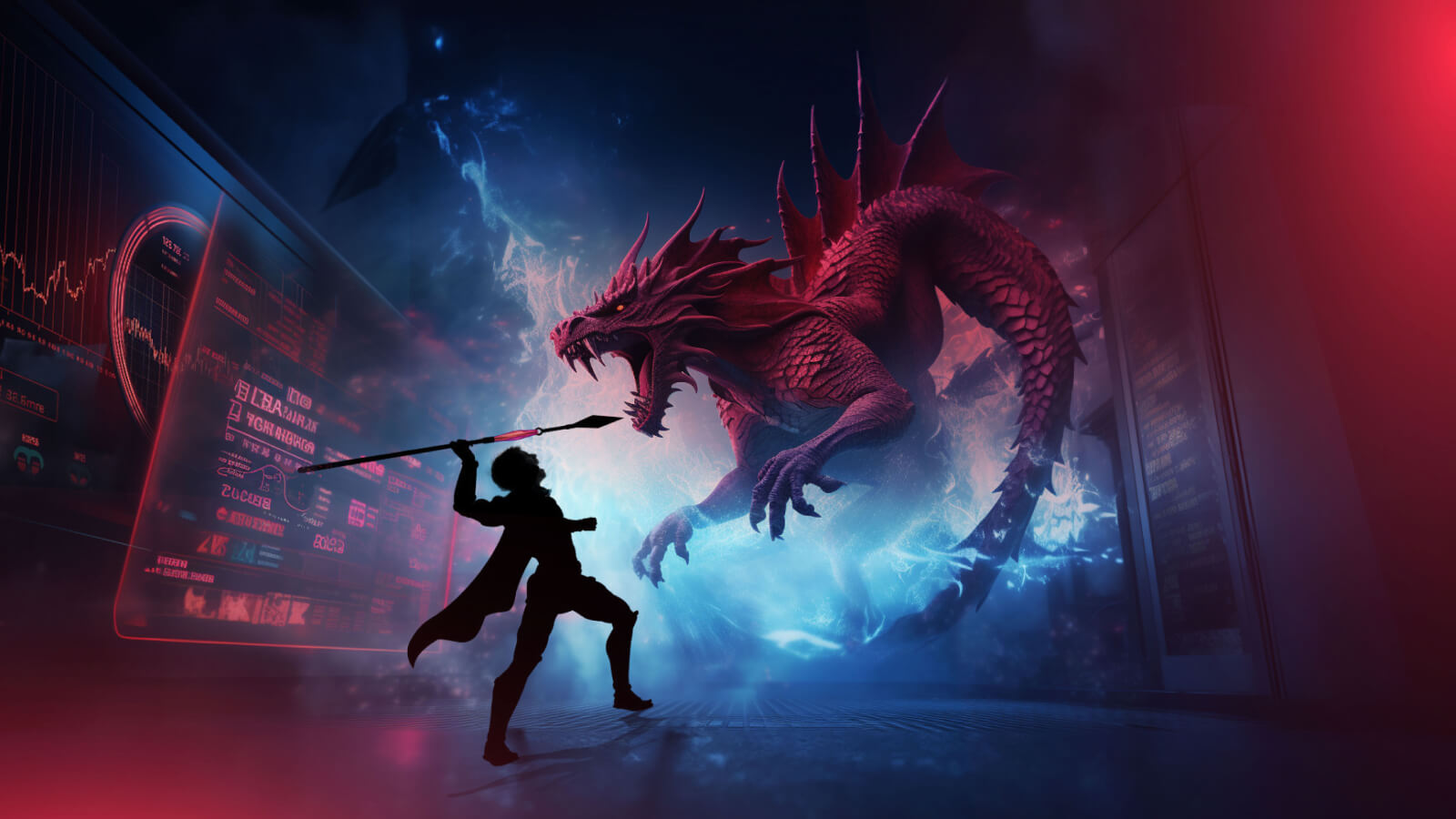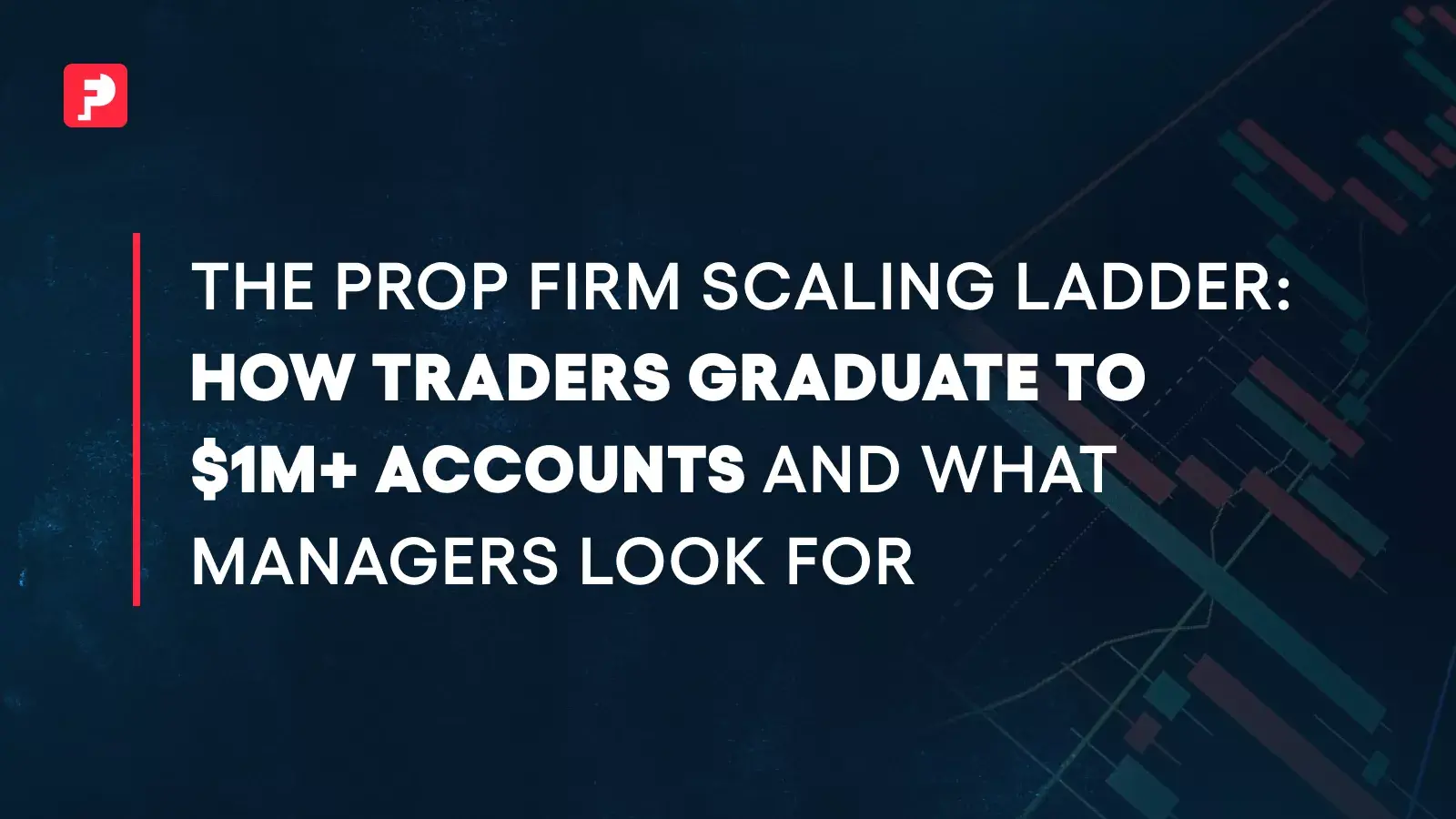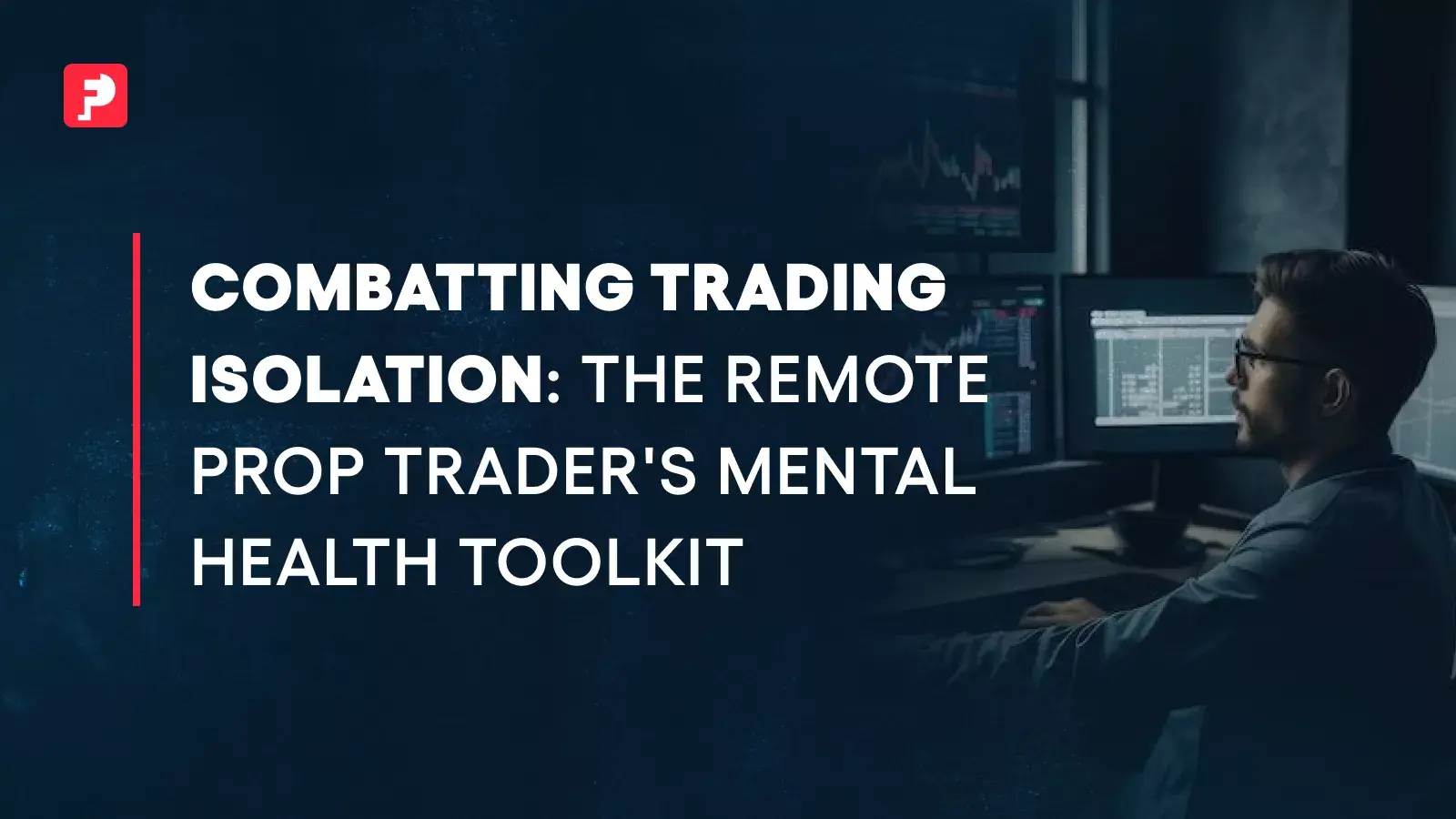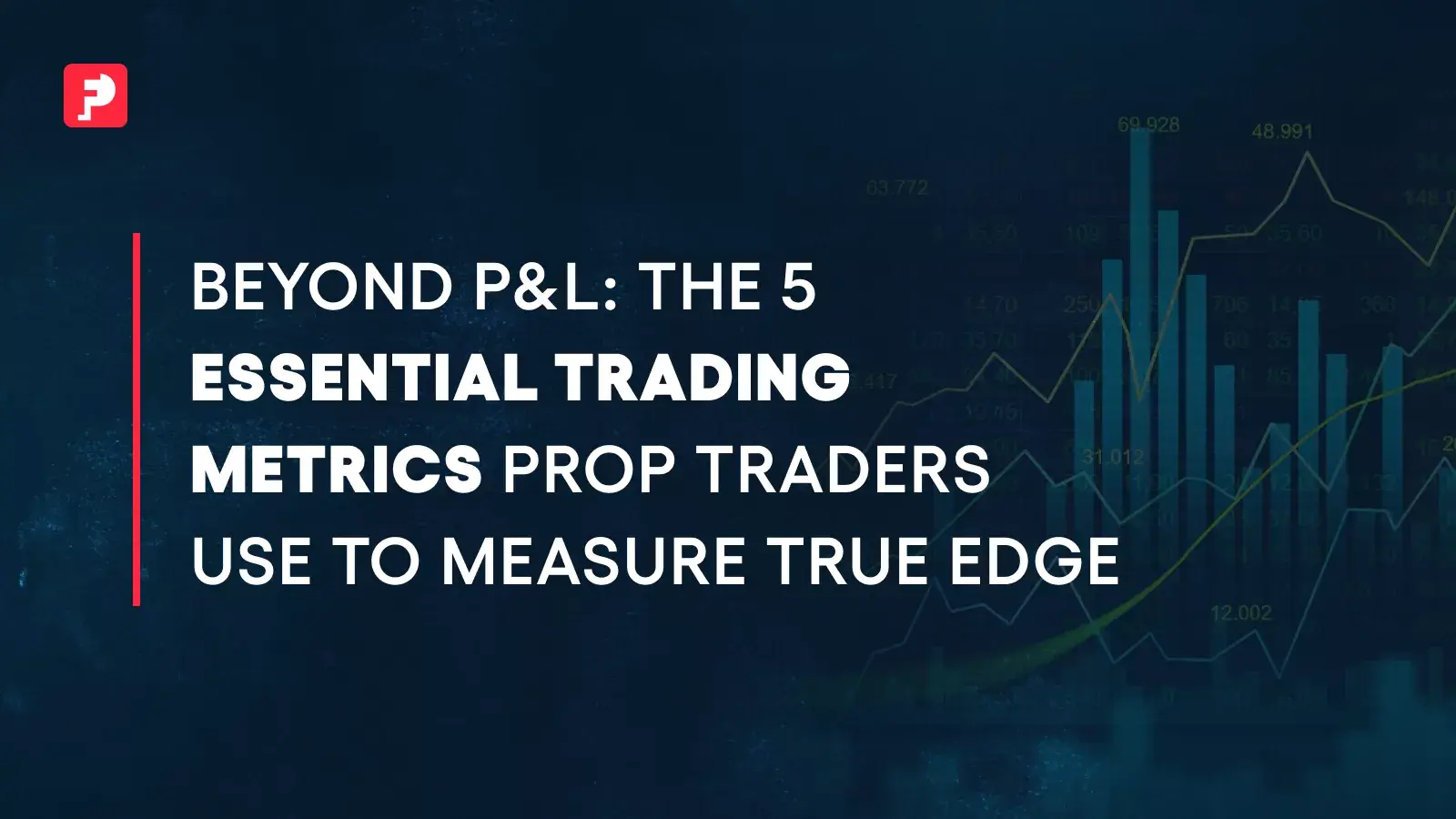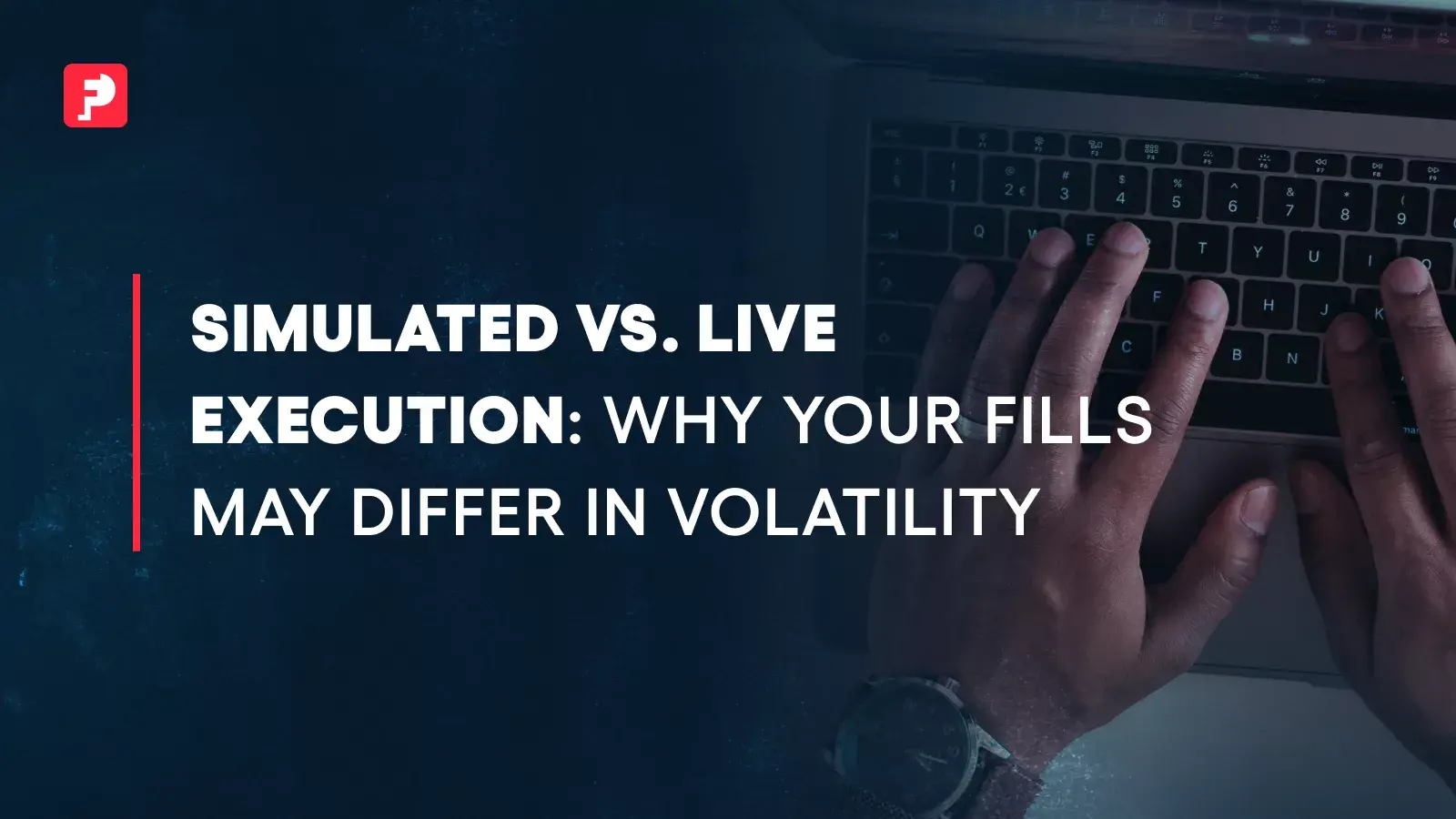Key Takeaways
- Understanding and Avoiding Emotional Pitfalls: Recognize the psychological triggers such as Fear of Missing Out (FOMO), revenge trading, and the “I’m overdue” fallacy that lead to overtrading.
- Strategy and Technology: Develop a structured trading plan with clear goals and risk management strategies, and utilize stop-loss and take-profit to enforce discipline and remove emotional decision-making from your trading.
- Community Engagement and Psychological Resets: Engage with a community of traders for support and accountability, and adopt psychological resets such as the “Walk Away Rule” to maintain mental clarity and reduce stress.
Let’s start with a textbook definition of overtrading: when an individual engages in excessive trading that surpasses their financial capabilities or deviates from optimal market strategies.
In other words, it is when you trade over your possibilities, either financial or psychological, and this leads to heavy losses (in most cases).
Overtrading often is the result of the complex interplay of misinterpreting market signals, psychological triggers like fear and greed, and access to almost too many trading platforms.
The repercussions of overtrading, as we said, can be severe: rapid capital depletion, too many risky trades, and the tendency to prioritize short-term gains over long-term strategies.
In this article we will give you several actionable tips on how to prevent overtrading to succeed in your Funded Account Challenge and keep your Funded Account secure and profitable.
How to Stop Overtrading
Understanding why traders fall into the overtrading trap is crucial if you want to avoid making the same mistake. Overtrading is often a blend of emotional and psychological factors:
- Fear of Missing Out (FOMO): In high volatility markets (like crypto, but also Forex during major news or when trading gold or minor pairs), the illusion of easy money can lead traders to jump in without a strategy, driven by (quite literally) a fear of missing out on potential gains.
- Revenge Trading: After a loss (or after a losing streak), traders might attempt to immediately recover by re-entering the market, often leading to further losses.
- The “I’m Overdue” Fallacy: Also led by several losses, traders might believe they are “due” for a win, leading to persistent and often misguided trading efforts.
- Impatience and Prediction: A desire to preempt market movements can lead traders to act on incomplete information or hunches, disregarding their strategy.
- Seeking Validation: Some traders constantly look for reasons to trade, often convincing themselves of signals that aren’t there, leading to unnecessary trades. This could be defined as gambling, which just doesn’t go with profitable trading.
Strategic Steps to Defeat Overtrading
Developing a Disciplined Trading Plan
A well-structured trading plan is the backbone of successful trading. It includes clear goals, risk management strategies, and a detailed approach to when and how to enter and exit trades. Sticking to this plan helps traders avoid impulsive decisions and stay aligned with their long-term objectives.
Tip: Sometimes it’s hard to resist the urge to open a position even if the conditions are out of the scope of your trading plan. Don’t give in and stick to it, if you feel like you can’t, just go out for a walk or do 50 push-ups (see? Trading and fitness tips!)
Continuous Education and Self-Reflection
Education is a powerful antidote to overtrading. Understanding market mechanics, individual trading instruments, and the psychological aspects of trading can provide a solid foundation for decision-making. Think about it this way:
- The more you learn, the less bored you are, the less you overtrade
- The more you learn, the more setups you have, the less you trade outside your plan (because you made your plan bigger)
Tip: Don’t limit yourself to learning about trading. Read about psychology, philosophy, or whatever you find interesting. They’ll help you with the mental side of trading… and you never know where your next big setup idea will come from.
Embracing Technological Tools
Using technology wisely can aid in disciplined trading. Stop-loss, take-profit, and limit orders are examples of how traders can use technology to set predefined entry and exit points, helping to manage risk and remove emotional decision-making from the trading process.
Tip: There is no substitute for brains. SL/TL and other tools are a helping hand, not the cure to all your problems; always stick to what you know and what you are comfortable with. Remember, SL orders may not be filled correctly in high-volatility situations. The key is to not get angry and revenge-trade if it happens.
Building a Supportive Community
Engaging with a community of like-minded traders provides opportunities for learning, sharing experiences, and receiving constructive feedback. This network can act as a sounding board and a source of accountability, helping traders stay committed to their strategies.
Tip: Watch our YouTube video with Dovy, Owen (Co-Founder), Gary (CEO), and Chris to learn about the importance of a community-driven approach.
Adapting to Market Dynamics
Understanding and adapting to current market conditions is crucial. On volatile days, it’s tempting to overtrade, but recognizing this tendency allows traders to step back and adhere to their strategy. Similarly, in slow markets, patience is key; avoid the urge to force trades out of boredom or frustration. Adapting strategies to the market’s pace can significantly reduce the tendency to overtrade.
Tip: We already gave you a bunch of tips on how to avoid opening silly positions in less-than-optimal market conditions: go for a walk, work out, learn something (e.g. get familiar with new instruments, trading setups, or even subject that are not related to trading).
Psychological and Emotional Resets
Implementing a “Walk Away Rule” or engaging in activities outside trading helps reset the mind and reduce stress. Taking breaks between trades, practicing mindfulness, or even physical activities can provide the mental clarity needed to avoid impulsive and emotional trading.
Tip: Don’t make the mistake of thinking that 30-minute breaks are enough. They might be, but in high-stress situation you might want to walk away for 24 or 48 hours. If that doesn’t fit your strategy, then take at least 16 hours: this overnight break will put you in the same session the next day and you’ll be ready to go. With FunderPro it’s not a problem, because you have unlimited time to pass your Challenge, so zero pressure from our side!
Three Must-Read Books About Trading Psychology
Before we end this article, check out these three books that will help you trade with a clear mind and avoid irrational behaviors in the market.
- Sway: The Irresistible Pull of Irrational Behavior by Ori Brafman and Rom Brafman
- The Art of Thinking Clearly by Rolf Dobelli
- Trading in the Zone: Master the Market with Confidence, Discipline and a Winning Attitude by Mark Douglas
Conclusion: A Journey Towards Disciplined Trading
Combating overtrading is a continuous journey that requires a comprehensive and disciplined approach. It involves understanding the root causes, implementing strategic and psychological countermeasures, and continuously adapting to market and personal dynamics.
By fostering disciplined trading habits, leveraging technology, and embracing a community for support, traders can mitigate the risks associated with overtrading and navigate the markets more effectively and be more profitable.
As you evolve in your prop trading journey, the emphasis on education, self-awareness, and adaptability becomes the cornerstone of not just avoiding overtrading but also achieving sustained success in the trading world.
